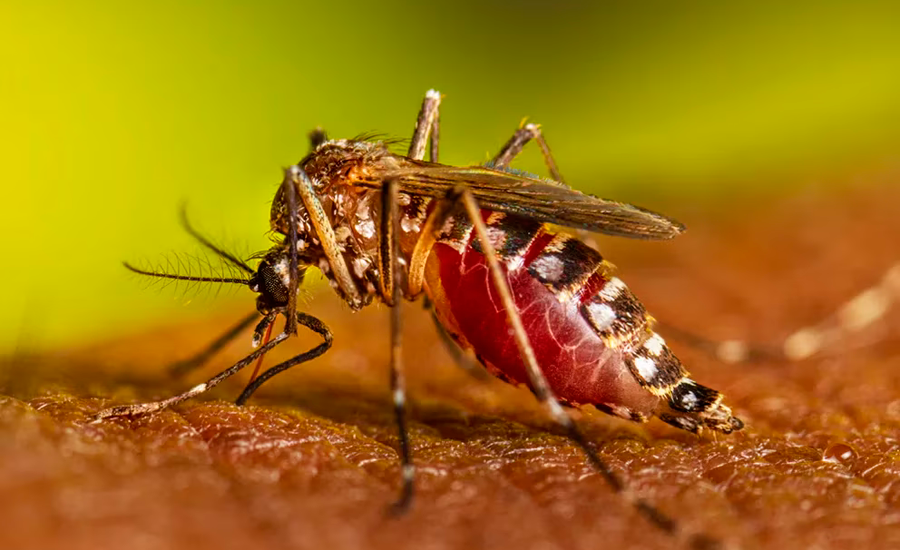Only this year, Ecuador already registers 173 cases of dengue in the towns that make up zone 8 of the country, made up of Guayaquil, Durán and Samborondón, according to the Ministry of Public Health.
The epidemiological report of the health portfolio indicates that there are 95 patients in Guayaquil and 78 in Durán, while in Samborondón there are still no cases of this disease. The health authorities have reported that there is a slight increase compared to the same period of the previous year, when 162 cases were registered. In total, during 2022, there were 2,600 dengue patients in those three cities.
As part of the preventive and health work, the brigades of the Ministry of Health visit neighborhoods of Guayaquil to carry out evaluations of the water reservoirs that are in the houses and that tend to attract dengue mosquitoes.
On tours, health officials also check buckets, containers, and other objects where water may stagnate.
The Ministry of Health has also authorized the reception of people who can attend the health centers and request a visit from the brigades of that ministry to their neighborhoods.
In addition, as part of their work, they tested the water found in those reservoirs and found aquatic Aedes aegypti larvae, which are vectors of tropical diseases. This is a domestic mosquito, which lives in and near houses and breeds in any artificial or natural container that contains water.
The dengue transmitting mosquito lays its eggs in artificial containers that contain water, these can be barrels and tires, mainly, that are inside or around houses, schools or workplaces. Aedes aegypti eggs can withstand dry environmental conditions for more than a year. This is considered one of the most important strategies that the species uses to survive and propagate, according to the Pan American Health Organization (PAHO).
To eliminate mosquitoes, PAHO recommends the following actions: avoid collecting water in outdoor containers (pots, bottles, or other containers that can collect water) so that they do not become breeding sites for mosquitoes; adequately cover water tanks and reservoirs to keep mosquitoes away; avoid accumulating garbage, throw garbage in closed plastic bags.
Several residents of the Guayaquil and Durán neighborhoods have testified that, due to the storm, the presence of mosquitoes increases, especially in areas with a lot of vegetation such as parks, where water also accumulates.
According to PAHO, dengue is a disease that is transmitted by the bite of an infected mosquito and can affect people of all ages. Symptoms range from a mild to disabling fever, as well as severe headache, pain behind the eyes, muscle and joint pain, and erythema—reddening of the skin.
The disease can progress and become severe. In this state there is respiratory distress or severe organ damage.
Dengue, as explained by PAHO, has a stationary behavior. In the countries of the Southern hemisphere, most cases occur during the first half of the year, while in the Northern hemisphere, cases occur mostly in the second half. This pattern of behavior corresponds to the warmest and rainiest months.
PAHO data indicates that around 500 million people in the Americas are at risk of contracting dengue. The Aedes aegypti, which is the vector mosquito for dengue, is widely distributed throughout the country, with the exception of Canada and continental Chile, which are free of dengue. In the case of Uruguay, although there is the presence of the mosquito, there are no cases of dengue. with Infobae
